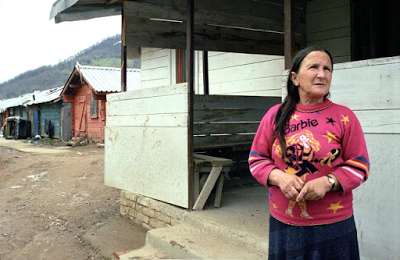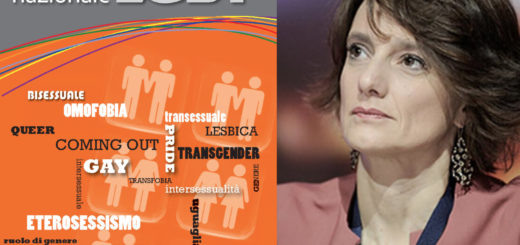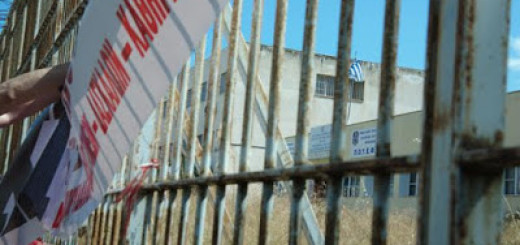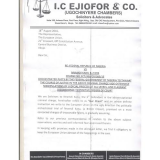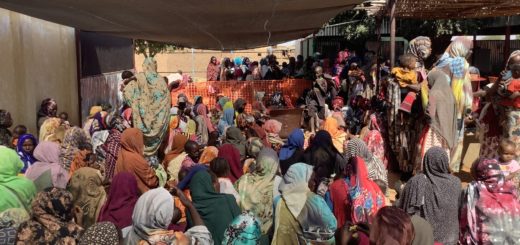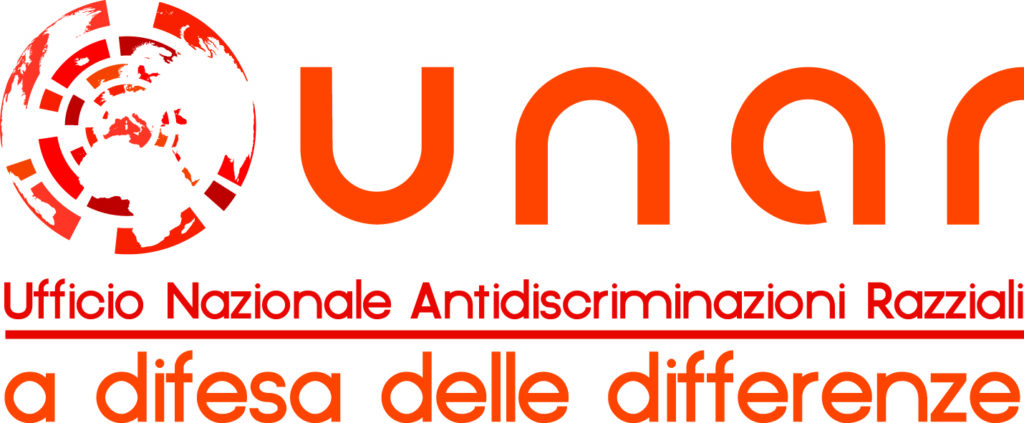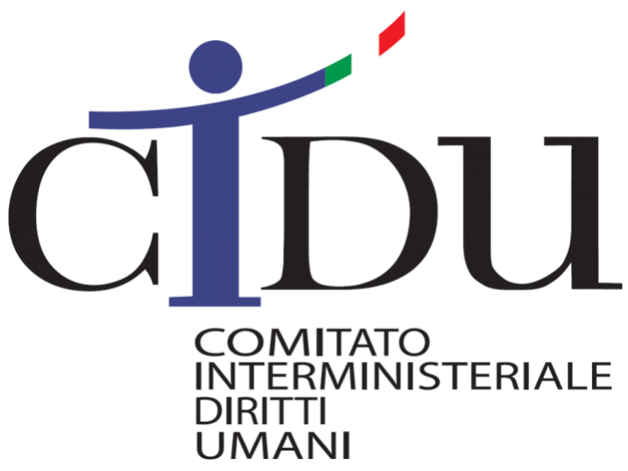di Cinzia D’Ambrosi
Nel mio ultimo blog su ‘peridirittiumani.com’ ho scritto una breve riflessione sull’iniziativa chiamata ‘Decade dell’inclusione della popolazione Rom’ in cui ho sottolineato le aree che gli otto paesi partecipanti alla Decade avevano pattuito per migliorare il tenore di vita delle comunita’ Rom in Europa e ho concluso che queste non hanno riportato miglioramenti se non per la formazione scolastica, seppur breve.
Per le comunita’ Rom la realta’ e’ grave perchè sono sottoposte a continue violazioni dei loro diritti umani. Le popolazioni Rom sono ancora oggi private d’alloggio, costrette a vivere ai margini di zone urbane, in aree affollate e povere creando dei ghetti ed insediamenti illegali o carovane. Per le comunita’ Rom o Travellers in Gran Bretagna, gli sfratti e la negazione del diritto di parcheggio per una caravan vengono continuamente reiterati. La realta’ non cambia di molto da un paese europeo all’altro; in Fakulteta Mahala (un ghetto Rom a Sofia, in Bulgaria) che e’ un ghetto Rom nella zona centrale della citta’, i servizi comunali – come la raccolta dei rifiuti – non viene effettuata. Questa non e’ nemmeno la situazione piu’ grave per i Rom nel paese, considerando che per coloro che vivono in Kjustendil, Plovdi – in Kosovo, Bosnia Herzegovina – le comunita’ Rom vivono in campi in zone industriali in disuso, spesso a rischio per la loro salute. Sgomberi forzati sono numerosissimi, condannando le popolazioni Rom ad una vita in costante insicurezza. Sgomberi e distruzioni di campi sembrano far parte della politica statale anche in Italia. European Roma Rights Centre ha riportato piu’ di 21,000 sfratti in Francia nel 2014. Circa il 45 per cento della popolazione Rom in Europa vive in un’abitazione a cui mancano i servizi primari. Questi sono scenari ripetuti in vari paesi europei e alimentao i pregiudizi esistenti.
Purtroppo, poter ottenere un alloggio tramite i servizi sociali e’ alquanto difficile per moltissime ragioni, ma principalmente per la mancanza di lavoro e di un contratto d’affitto locale. Negli ultimi anni, anche se ci sono state delle iniziative come il Programma d’integrazione allogggio in Ungheria con l’obbiettivo d’integrazione dei Rom in case gestite dal governo, il problema centrale e’ quello che ancora oggi non esiste un vero programma centrato sulla de-segregazione. Un programma di integrazione d’alloggio che rispecchia l’aspetto politico, fisico e mentale per poter sviluppare l’aspetto integrativo; per questo alcuni interventi hanno solamente fatto ottenere ai Rom un alloggio, ma la conseguenza è stata quella di contribuire alla crescita di ghetti urbani.
Per costruire una societa’ priva di discriminazioni si dovrebbero eliminare le aree d’esclusione (ghetti), generare opportunita’ lavorative, celebrare la diversita’ invece di soffocarla. L’obiettivo dovrebbe essere quello di sradicare la discriminazione istituzionale e la ‘policy’ che rende i campi e gli alloggi Rom ‘invisibili’.
Housing for the Roma: a Journey of Exclusion.
In my last post on ‘ peridirittiumani.org’ I have written a short reflection on the decade of the Roma inclusion. Outlined there were some of the areas that the eight countries that participated in the decade (Decade for Roma Inclusion) had agreed on working to improve lives for the Roma communities in Europe. Summarily there were outlined the areas being touched and the resulting data which demonstrated that the living conditions for the Roma population in Europe is still grave and we would need a lot of concentrated and concerted efforts to improve it. Still today, basic human rights are continuously breached. Anyone that has had any encounter with Roma communities would know that more often than not they live in illegal settlements, in sheds, or housing without basic amenities. Most of these precarious living spaces are often based at the margin of urban areas, or using what urbanity can give them, and thus living under a bridge, a motorway intersection, or in concentrated urban areas creating what are being referred to as Roma ghettos.
The living spaces demonstrate their status within societies in Europe, in marginalised spaces. These ‘homes’ are makeshift sheds built illegally, others are informal settlements, caravans or camps.
Notably, for the Travellers communities in Great Britain, evictions and a right for stay in their home caravans has been revoked in many events in recent years. One of the most well known cases is the Travellers of Dale Farm. The Roma communities living in Fakulteta (Bulgaria) do not have access to normal city services so their rubbish is not being collected, there is no sewage system, water and electricity is sparse and sanitation often non existent. Similarly in Kosovo, Bosnia Herzegovina the Roma communities live in disused industrial area, often at risk for their health from polluted lands. Circa 45 per cent of Roma communities in Europe live in housing that lacks of basic amenities.
All these are repeated scenarios in many countries and have further segregated the Roma communities and alimented prejudices.
For the Roma communities and the Travellers alike housing in the private sector is an unattainable dream. The social sector is also very difficult for them because lack of work, valid rental agreements. Illegal and forced evictions are high condemning them to a life of constant insecurity wondering from one settlement to another. Evictions and destruction of their homes is a matter of state policy in Italy. In France the European Roma Rights Centre has recorded more than 21,000 evictions (2014).
In recent years, there have been some initiatives aimed at housing integration as we noted in Hungary, which had the objective of Roma communities being housed in social housings. However, the programme on an housing level particularly failed in rural areas and in urban areas it proved to escalate urban ghetto-isation. The main issue is that still today there is not a programme that is central to de-segregation in a way that it would reflect integration at all levels, political, physical and mental. In this way, many interventions have only contributed to the growing number of urban housing ghetto-isation for the Roma population.
To have a society free of discrimination we would aim to eradicate the creation of ghetto areas, increase opportunities for education and work and generate integration celebrating diversity rather than suffocate it. Institutional discrimination should be addressed and the ‘policy’ that works on making Roma housing ‘invisible’.
Caption:
Roma in the illegal camp of Zitkovac in the outskirts of Mitrovice, Kosovo.
Didascalia:
Una comunita’ Rom in un campo illegale di Zitkovac nei pressi di Mitrovice, Kosovo.
